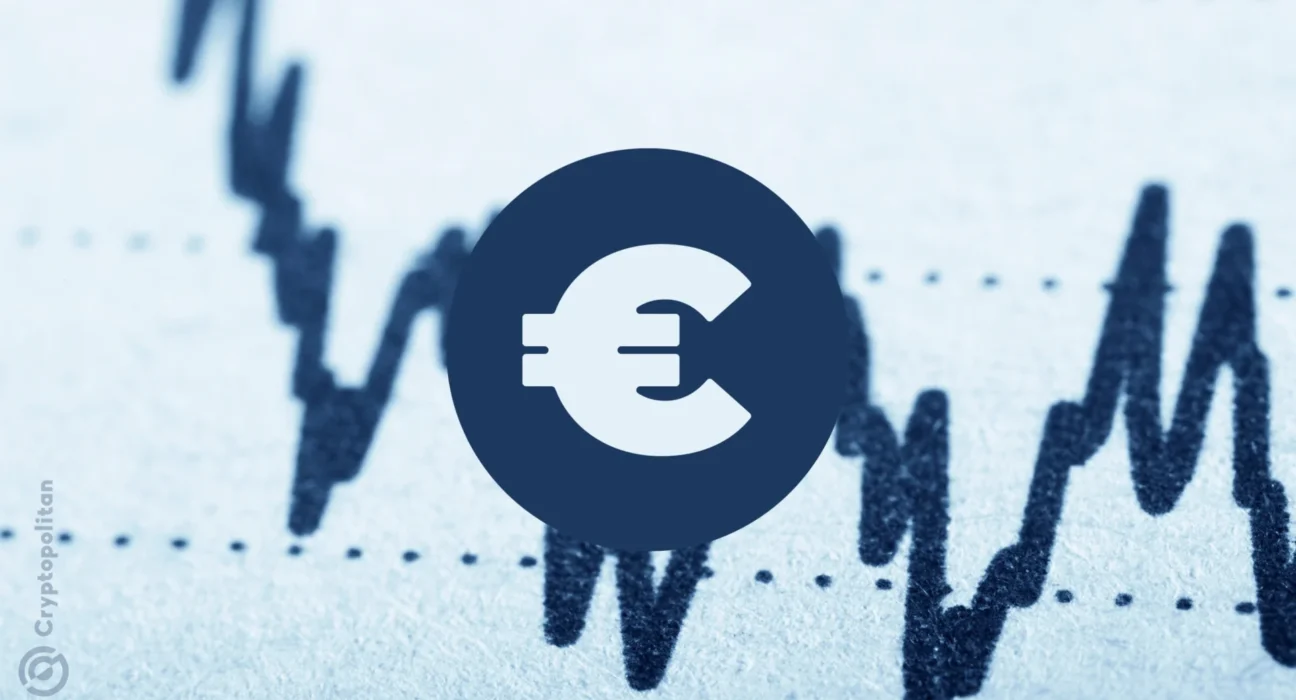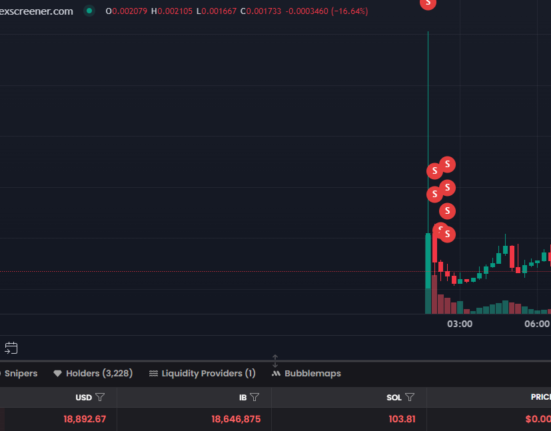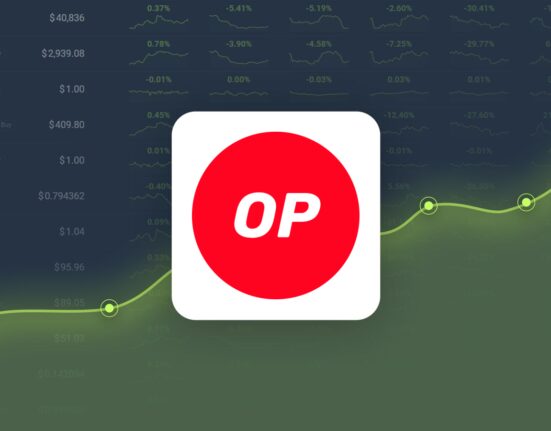[ad_1]


Data from European statistics firm Eurostat indicated that the Eurozone inflation rates have dropped to 1.8% in September from 2.2% in August. The rates are also down from the 4.3% recorded in September 2023. The current rates are below the European Central Bank (ECB)’s expectations of 2%.
The inflation rate has hit an all-time low since mid-2021 after hitting a three-year low in August. Afterward, Reuters held a poll in which most economists believed the September inflation rate would hit 1.9%.
The September rates came after multiple countries using the Euro had their inflation rates lower, including France and Germany. Germany’s statistics office, Destatis, noted the easing in the harmonized German consumer price index to 1.8% in September.
Core inflation, which is the underlying price level in the Eurozone, has hit 2.7%, 0.1% lower than economists expected. Core inflation eliminates the more volatile food, alcohol, tobacco, and energy components.
The drop has increased speculations of another rate cut by the ECB in the coming meeting on October 17. The central bank cut its interest rates from 4% to 3.75% in June. Afterward, the ECB further cut the interest rates to 3.50%. Economists are banking on another rate cut in October to 3.25%.
ECB president expects Eurozone economy to grow by 1.5% in 2026
ECB president Christine Lagarde projected in a September 30 Committee on Economic and Monetary Affairs of the European Parliament hearing that the Euro economy would grow by 1.5% in 2026. Lagarde also highlighted the projections for the economy growing by 0.8% in 2024 and 1.3% in 2025.
Lagarde explained the economic situation in the Euro area since the pandemic. The ECB president highlighted that the region’s economic growth kicked off during the first 9 months of 2022 before stagnating. Christine mentioned that the growth resumed in 2024, with the first quarter seeing 0.3% growth and the second quarter having 0.2%.
The projections for the coming years are part of Lagarde’s belief that the economy’s recovery will continue to strengthen. Lagarde insisted that the labor and employment markets will continue to be resilient, with unemployment at 6.4% and meant to depreciate further.
The ECB president also looked into the current inflation rates, mentioning that there could be a possible increase in Q4. Lagarde still expressed that she expects the rates to go back to target as per the ECB’s calendar. She also shared projections for 2024, 2025, and 2026 at an average of 2.5%, 2.2%, and 1.9%, respectively.
ECB to keep policy rates restrictive
As part of the central bank’s plans to deal with the inflation rates, the ECB plans to keep the policy rates ‘sufficiently restrictive.’ Lagarde mentioned that the changes in implementing the bank’s monetary policies took effect on September 18. The ECB changed the spread between the deposit facility rate and the main refinancing options’ interest rates to 15 basis points.
The ECB is also launching a monetary policy strategies assessment, which will have less scope than the last one, which was conducted in July 2021.
“In parallel to our policy deliberations, we have also launched an assessment of our monetary policy strategy.”
The assessment will look into any implications of the changing monetary policy strategy. The exercise, which will have 2 working streams, will also explore the changing inflation environment. The assessment is expected to end in 2025.
[ad_2]
Source link








